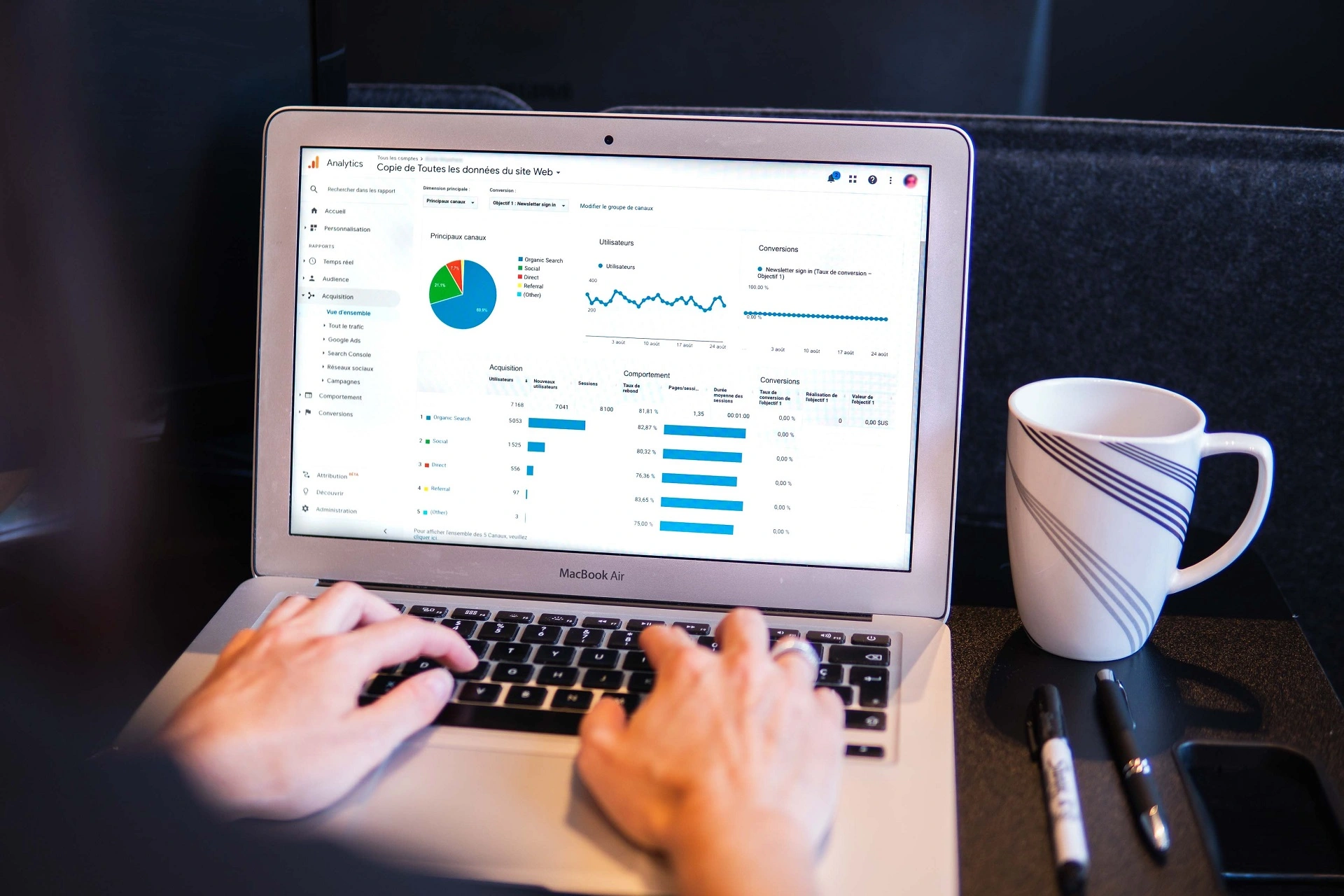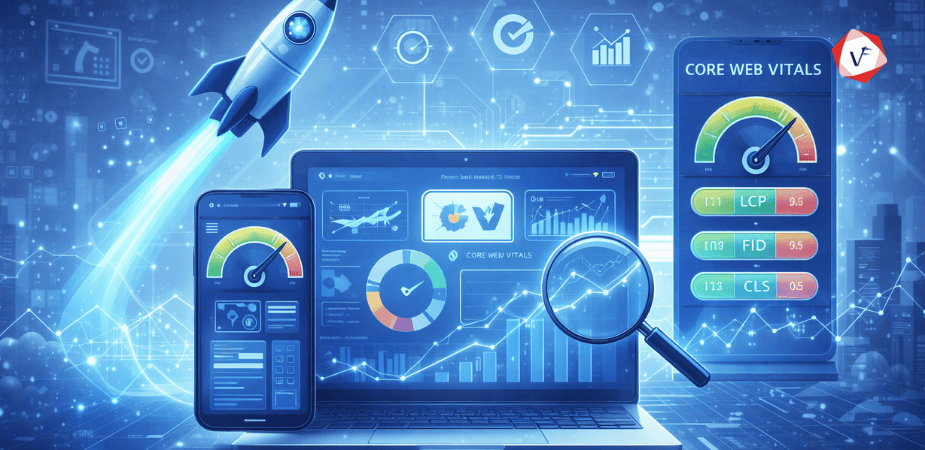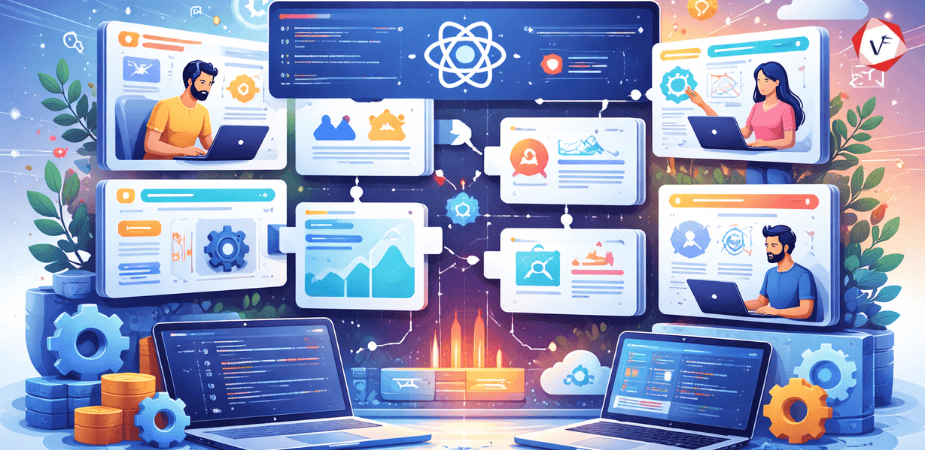- September 29, 2022 6:01 am
- by Manek
- September 29, 2022 6:01 am
- by Manek

Any company that is in the phase of development will see a corresponding exponential increase in the workload of its employees. Companies will initially get by using spreadsheets and email, but eventually the tedious of manual activities will catch up with them. By combining many tasks under a single integrated application, firms can increase responsiveness and streamline procedures by investing in enterprise resource planning (ERP) software.
Here are the top 11 reasons for choosing an ERP system:
In an unstructured system, different business processes inside an organization use unrelated software to handle necessary activities. Data transport may become inconsistent as a result, and lengthy procedures and security holes may occur. All of these procedures are connected via an ERP system's unified user interface. Users may access data with ease because of a single dashboard and features like access control and improved data security.
No business wants to hold extra inventory. With the aid of an ERP system, you can determine precisely what stock you need when for each project. In order to improve productivity throughout the entire process, ERP software enables you to automate a number of activities. As a result, there will be less duplication, better resource scheduling, and less downtime.
The ordinary spreadsheet may have previously been an excellent tool for storing your data and for offering some basic analysis of that data, but the ERP system has long exceeded it. Companies still frequently use many spreadsheets, but as your business has developed, you likely have too much information for your current spreadsheets to handle. Spreadsheets are replaced with an ERP system, which compiles all of your data and provides you with real-time results.
By shifting your ERP to the cloud, you may lower risk and hardware expenditures. Utilize a cutting-edge ERP that is hosted in a secure cloud to embrace the future of information systems. Your ERP applications can be scaled, extended, and upgraded quickly if you move them to the cloud. Leveraging all of an ERP system's features further improves transparency and accessibility.
Many tasks today require precise transparency in our accountable society. There is no room for mistakes or delays while working in supply chains for important industries like aerospace, automotive, or defense. You'll need a system in place that can give complete reliability, manage your stock levels, arrange your structure and mechanism, and handle a variety of other tasks, You will indeed require an ERP system.
Your capacity to improve your service delivery may serve as a crucial separation from your competitors as you gather momentum in the industry and build up your reputation. Your front-line executives and sales staff require complete access to all information from all departments to provide superior customer service, so the systems must be connected into a single, centralized unit. Even though the majority of businesses use accounting software currently, many solutions are unsuccessful because the software cannot be efficiently linked to other business processes. Nowadays, the majority of ERP software includes accounting functions that do not require additional effort or manual data entry.
You have the chance to drastically lower human error by using an ERP system. When departments have their own independent systems, each system may include inaccurate or conflicting data. With ERP software, everything is integrated, requiring only one data entry. The exact original data is accessed by each department, and this information is transmitted throughout the entire system. Additionally, since tasks and activities are all included in one system, it is simple to verify their status, ensuring that nothing is missed when your employees are out due to illness or vacation.
The amount of work and complexity for the employees managing the organization increases as it expands. Even though start-up businesses may frequently manage with a free accounting system during the startup phase, or even get by with spreadsheets and email, a rising business will eventually run into difficulties with tasks. Any firm in an important growth phase may be adversely affected and slowed down if it cannot meet client demand.
When you rely on outdated systems and files, it's difficult to raise the value of your business. By using an ERP system, business owners can increase order and control, optimize procedures, and accelerate the flow of work through the organization, all of which boost the bottom line. Gaining more efficiency makes you more competitive and offers promising growth opportunities.
The success of your firm throughout a growth phase depends on your ability to maintain control and an overall picture of the financial aspect of your enterprise. But when the business develops over time, the complexity of the data can become massive if there isn't a centralized and effective IT infrastructure. Without a doubt, manually entering data will significantly reduce productivity. The requirement for employment data entry work may be eliminated by an integrated ERP solution, freeing up resources for other duties. A unified ERP platform also improves the visibility of crucial data, aiding in the development of an overall picture of your company.
A company's everyday operations can be tracked using real-time data from an ERP system. Decision-makers can design their approach professionally and intelligently with the use of this data. With an ERP system, you can systematically optimize your daily operations while simultaneously reducing operating and administrative costs. An ERP system is a very beneficial tool for managing and monitoring your organization.
To summarize, Enterprise Resource Planning (ERP) enables an organization to take advantage of a number of integrated applications. ERP systems automate and simplify operations, resulting in a competitive, precise, and more productive company. ERP offers total transparency into key company processes. Thus, ERP solutions can help your company grow without adding IT or human costs.
Guaranteed Response within One Business Day!
What is Infrastructure as Code (IaC)?

Front-End Performance in 2026: What Core Web Vitals Actually Mean for Your Site

What is FinOps?

Micro-Frontends: Breaking Down Monolithic React Applications
.png)
Zero-Trust Security Models for SaaS: What You Need to Know